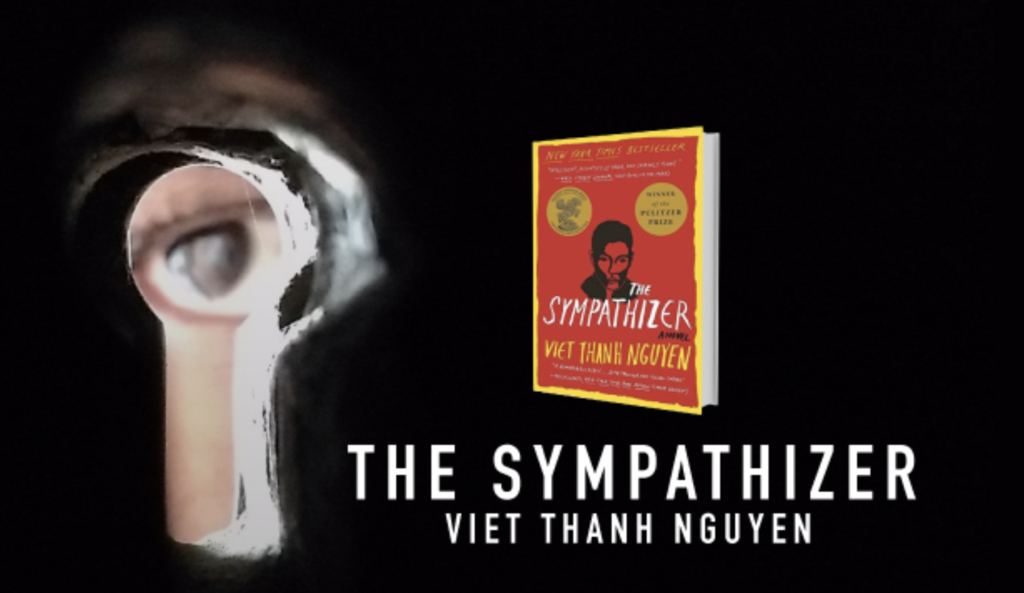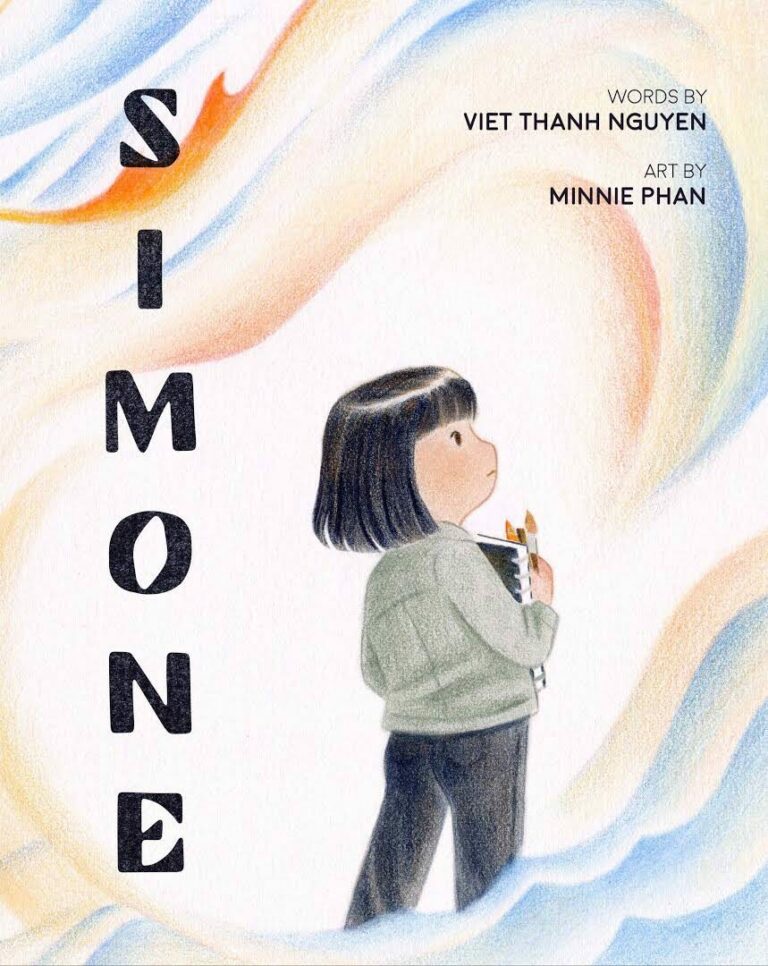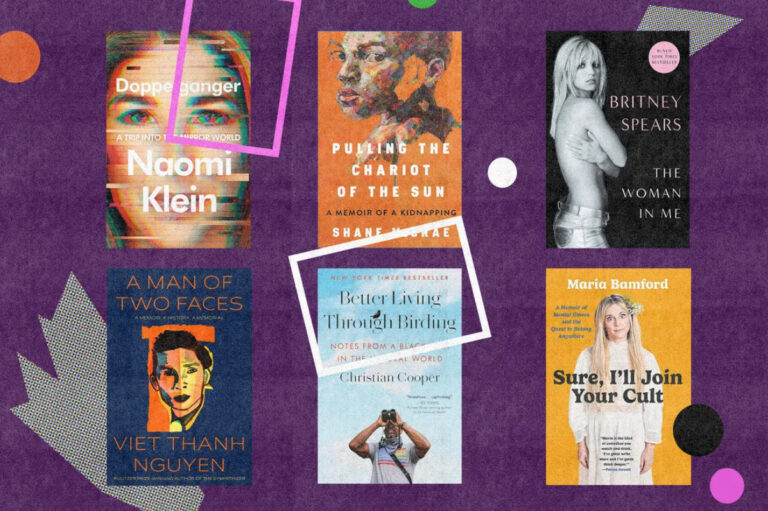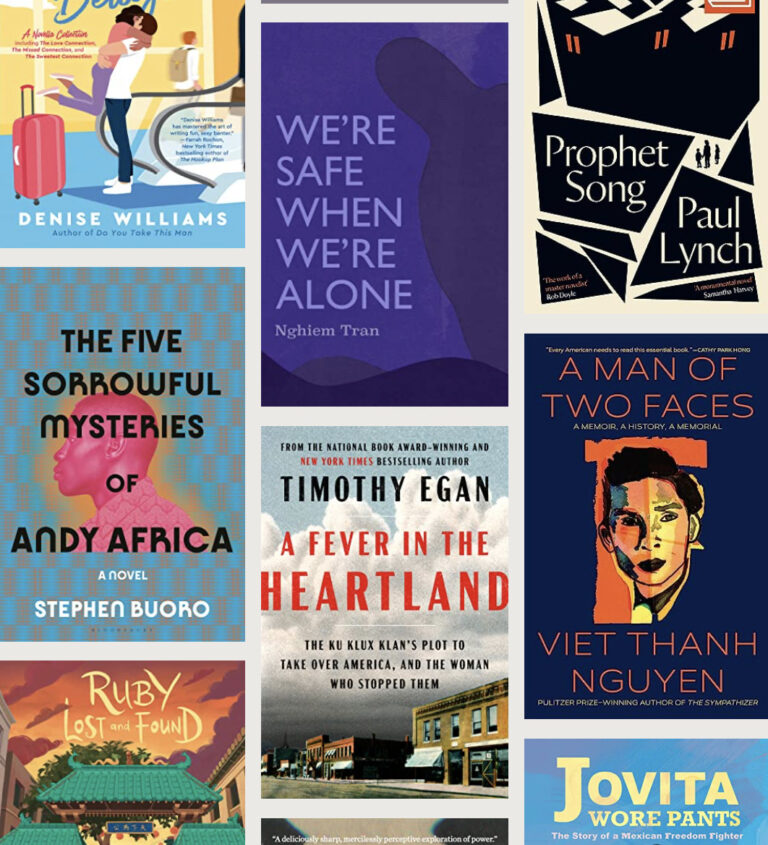Bill Gates reflects on learning more about the Vietnamese experience on the Vietnam War through Viet Thanh Nguyen’s The Sympathizer on his blog, Gatesnotes.

I didn’t know what to expect the first time I visited Vietnam.
Although I’m a bit too young to have worried about my draft number, the Vietnam War cast a long shadow over my youth. Like many people of my generation, my view of the conflict was influenced by violent, American-centric movies like The Deer Hunter.So I was unsure when I found myself on a plane to Hanoi in 2006. Many of the people I was scheduled to meet with lived through the war. Would they resent me for being American?
The answer was, to my relief, a resounding no. Everyone I talked to was warm and welcoming. You would have never known our countries were at war just decades earlier. But the visit made me realize how little I had seen or read about the Vietnamese perspective on the war.
In the years since that trip, I’ve tried to learn more about the Vietnamese experience. Most recently, I picked up The Sympathizer by Viet Thanh Nguyen. I don’t usually reach for historical fiction, but when a good friend recommended it, I picked up a copy—and I’m glad I did.

The Sympathizer’s narrator—we never learn his name—is a communist double agent embedded with the South Vietnamese Army and their American allies. After he’s air-lifted out of the country during the fall of Saigon, he ends up in California spying on his fellow refugees and sending reports written in invisible ink to his handler back in Vietnam.
The story we’re reading is the narrator’s confession, which he is forced to write while held in a North Vietnamese reeducation camp. Much to the chagrin of the camp’s commandant, this confession makes it clear that the narrator is not a true believer in their cause. Instead, he “sympathizes” with people on both sides of the conflict.
For a novel that’s been met with such commercial success and critical acclaim (it won the Pulitzer Prize for fiction last year, and Nguyen recently received a MacArthur genius grant), it is surprisingly bleak. Nguyen doesn’t shy away from how traumatic the Vietnam War was for everyone involved. Nor does he pass judgment about where his narrator’s loyalties should lie. Most war stories are clear about which side you should root for—The Sympathizer doesn’t let the reader off the hook so easily.
More than 40 years later, many Americans still grapple with the big questions surrounding the Vietnam War: should we have gotten involved? Did our political and military leaders know what they were doing? Did they understand what the human cost of the war would be? (If you’re interested in reading more about this debate, I recommend H.R. McMaster’s excellent book Dereliction of Duty.)
Nguyen largely ignores these questions and instead tackles the role of individual morality in a time of war. The narrator commits horrible acts on behalf of the North Vietnamese government he serves and the refugee community he’s spying on. He plays both sides to survive. In the end, his lack of conviction makes him the most immoral character of all.
Despite how dark it is, The Sympathizer is still a fast-paced, entertaining read. I liked one particularly memorable section where the protagonist meets a famous Hollywood director and becomes a consultant for the Vietnam War epic he’s working on called The Hamlet. His attempts to bring the Vietnamese perspective into the film are thwarted at every turn by the director, who eventually grows so sick of the narrator that he may have tried to kill him with a stunt explosion gone wrong (the book doesn’t make it clear whether he did or not). If you’re a moviebuff, you’ll notice that The Hamlet bears more than a passing resemblance to Apocalypse Now.
In an interview with NPR last year, Nguyen shared the story of the first time he saw Francis Ford Coppola’s classic film. He described watching a scene where American soldiers kill Vietnamese people as “the symbolic moment of my understanding that this was our place in an American war, that the Vietnam War was an American war from the American perspective and that, eventually, I would have to do something about that.” The Sympathizer offers a much-needed Vietnamese perspective on the war. I’m glad that it’s experienced such mainstream success, and I hope to read more books like it in the future.


